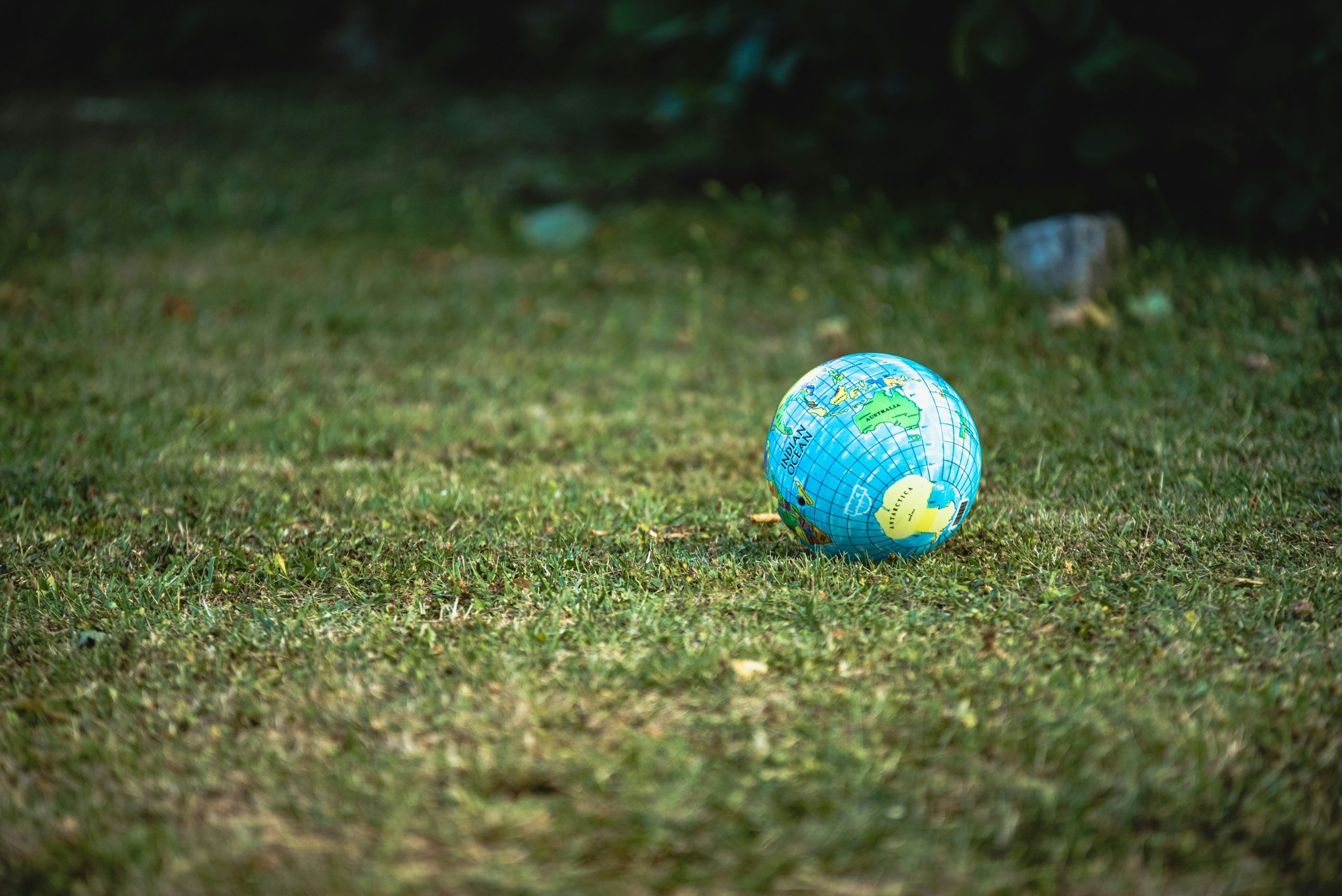
Luxembourg: progress in peculiar circumstances
Luxembourg’s rank on the Happy Planet Index in 2019: #143. Explore the data.
By: Francesco Sarracino
Luxembourg is a small country (2,586 Km2) located between Belgium, France, and Germany. Its population, of approximately 600,000 people, has been growing over time thanks to a constant inflow of immigrants from all over the world. One of Luxembourg’s peculiarities is the composition of the workforce: nearly 50% of workers are non-residents; they are ‘cross-borders’, i.e. people that live in neighbouring countries and commute on a daily basis to work in Luxembourg. This has important implications for sustainability.
With an HPI score of 31.7, Luxembourg ranks among the countries with the lowest sustainable wellbeing in the world (143/152).
The ecological footprint is the single factor penalising Luxembourg’s international ranking. In 2019, Luxembourg needed 12.6 global hectares of land to sustain the consumption patterns of its population. This is one of the highest ecological footprints in the world, comparable to the footprints of Qatar, Mongolia, Bahrain, and the United Arab Emirates.
The good news
The good news is that the ecological footprint of Luxembourg decreased by 2.7 global hectares since 2006.
This is likely the result of a number of public policies and provisions aimed at improving energy efficiency, reducing waste, and promoting the use of public and active transport.
It is also important to point out that the calculation of ecological footprint puts Luxembourg at a disadvantage. The 200,00 workers that cross the border into Luxembourg each day, to work, shop and buy petrol add to the country’s overall ecological footprint despite not being counted in the country’s population. If it were possible to adjust for this unusual context, Luxembourg’s per capita ecological footprint would be a lot lower.
Residents in Luxembourg seem to enjoy happy and healthy lives. With an average experienced wellbeing of 7.4 and a life expectancy of 82.3 years, Luxembourg appears among the best performers in international comparisons. What is more, these figures are the results of continuous improvement over the last decade.
Sustainable wellbeing has constantly improved over time in Luxembourg, despite the high ecological footprint. Since 2010, the country’s HPI has been growing at a rate of 1.5% yearly. This stems from improvements in all its three components: life expectancy, experienced wellbeing, and ecological footprint.
Moreover, sustainable wellbeing in Luxembourg grew faster than in neighbouring countries: the HPI in France increased at a rate of 1.3% yearly, and by 1% in Germany. The growth rate of the average Western European country between 2009 and 2019 was 1% per year.
Room for improvement
Despite the favourable trend, there is still room to improve the position of Luxembourg in the international ranking of sustainable wellbeing. On one hand, the calculation of the ecological footprint should account for the effect of cross-borders on national consumption. On the other hand, much can be done to lower the country’s ecological footprint.
The expansion of natural areas, the protection of forests, widening the network of public transport, and extending the possibilities for teleworking could protect biodiversity, reduce congestion, accidents, and fossil fuel consumption.
Urban reforms instituting pedestrian areas would favour active transport and social interactions. Redistributive policies to contain income inequality would reduce social differences and the need for conspicuous consumption (the purchase of goods or services for the specific purpose of displaying one’s wealth).
About the author
Francesco Sarracino is senior economist at STATEC, the national institute of statistics of Luxembourg. His work aims at identifying policies to make economic growth compatible with people’s well-being and, ultimately, to pursue socially and environmentally sustainable development. He holds a PhD in development economics from the University of Firenze (Italy).
He is a member of the World Wellbeing Panel, and of the board of directors of the International Society for Quality of Life Studies. His works have been published in journals such as Oxford Economic Papers, World Development, Ecological Economics, Journal of Happiness Studies, and Journal of Business Ethics. You can reach Francesco on LinkedIn.
How sustainably happy are you?
We've built a personal Happy Planet Index test to help you reflect on how you can create your own "good life that doesn't cost the earth".
Take the test





